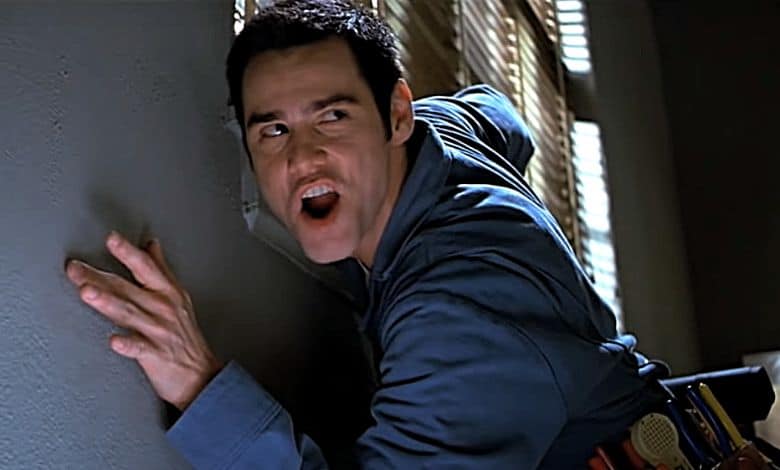New Covington Catholic Doc Vows to ‘P*** Off Both Sides’

“Rush to Judgment” captured the events that made innocent teenagers public enemies … until the truth finally emerged.
The documentary did more than let the besmirched Covington Catholic high school students speak. It showcased how corrupt media narratives, not facts, rule journalism.
A second documentary on the subject teases a “both sides” approach that doesn’t seem obvious on the surface.
“The Boys in Red Hats,” hitting theaters July 16, once again recalls how a selectively edited video went viral, and the devastating side effects for the teens caught in the digital cross hairs.
It’ll be hard to top “Rush to Judgment,” a comprehensive and unflinching look at the 2019 incident.
“The Boys in Red Hats” trailer lets some talking heads name check “white privilege,” suggesting the lads weren’t innocently slammed after all. The film’s director, though, is a Covington Catholic High School graduate, so it’s clear the boys’ perspective will factor heavily in the finished product. So will the “elite” nature of the school in question.
RELATED: ‘Rush to Judgment’ Filmmaker: Reporters Fear Our Documentary
Here’s the film’s official description:
January 18, 2019: it was the smirk heard round the world.
Surrounded by cheering classmates on the steps of the Lincoln Memorial in Washington, D.C., 17-year-old Nick Sandmann, a student at northern Kentucky’s private, affluent Covington Catholic High School, instantly and unwittingly became a global headline, internationally villainized on social media and in the 24-hour news cycle as he appeared to confront Nathan Phillips, a Native American elder attempting to keep the peace at that year’s heated March for Life rally by beating a ceremonial drum as he moved through the crowds. Overnight, video clips of the interaction went viral, Sandmann and his classmates hit with a tidal wave of worldwide outrage, their safety threatened and the entire Cov Cath community suddenly at the center of uncomfortable conversations about racism, privilege and politics.
A graduate of that elite institution, filmmaker Jonathan Schroder watched the indecent—and the subsequent media blowback—with keen interest, knowing firsthand the deeply formative nature of an adolescence spent inside the entitled Covington Catholic bubble. Seeking to better understand the scene on the steps, the people involved in it and its larger ramifications for the community, the media and our democracy as a whole, Schroder set out to investigate how one fleeting interaction can become a global controversy. Along the way, The Boys in the Red Hats deftly explores the media’s obsession with immediacy over accuracy, the danger in prioritizing intent over impact and what it’s going to take if we ever hope to bridge the deep divides in our communities—and our country.
It’s worth recalling that Nick Sandmann, the teen at the center of the maelstrom, settled a lawsuit with CNN for its defamatory coverage. He walked away with an undefined, but likely sizable, settlement. The young man had originally asked for $800 million from the corrupt news outlet.
Other public figures savaged the boys with no repercussions. CNN contributor Reza Aslan called Sandmann’s face “punchable.” Far-left comedienne Kathy Griffin falsely accused Covington students of flashing a Nazi symbol. Before that, she demanded someone on social media dox the teens.
Name these kids … I want NAMES. Shame them. If you think these f—ers wouldn’t dox you in a heartbeat, think again.”
The “both sides” angle seems weak. We’ll see what “The Boys in Red Hats” has to say later this summer.





